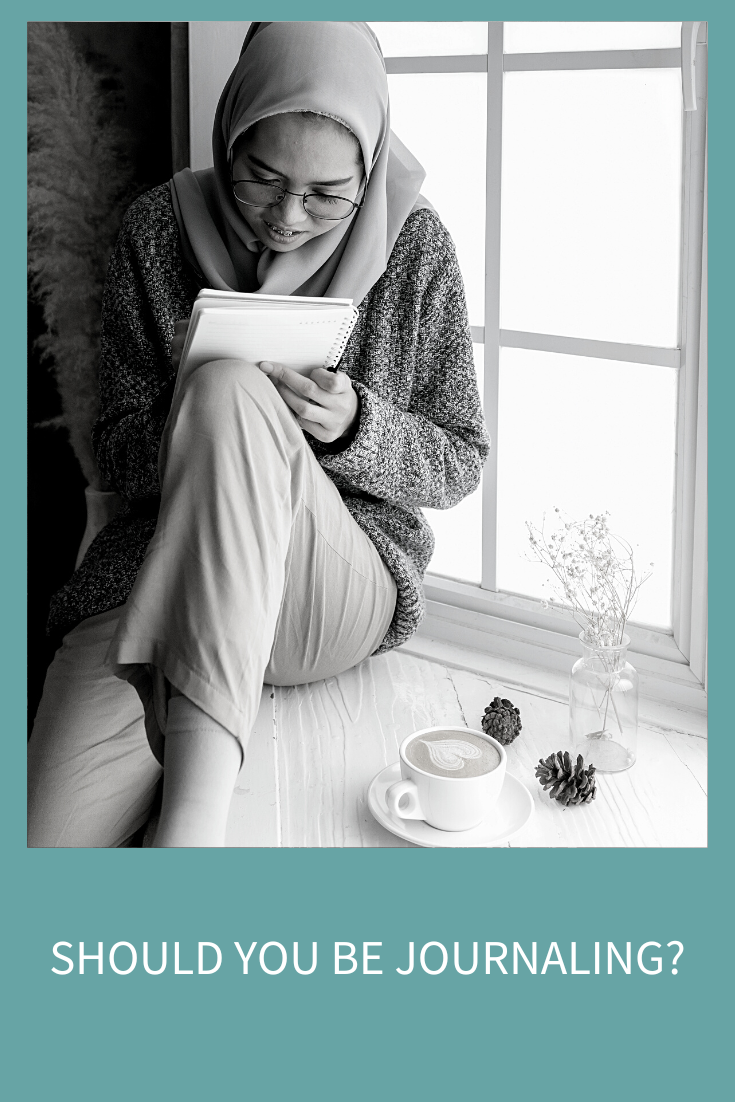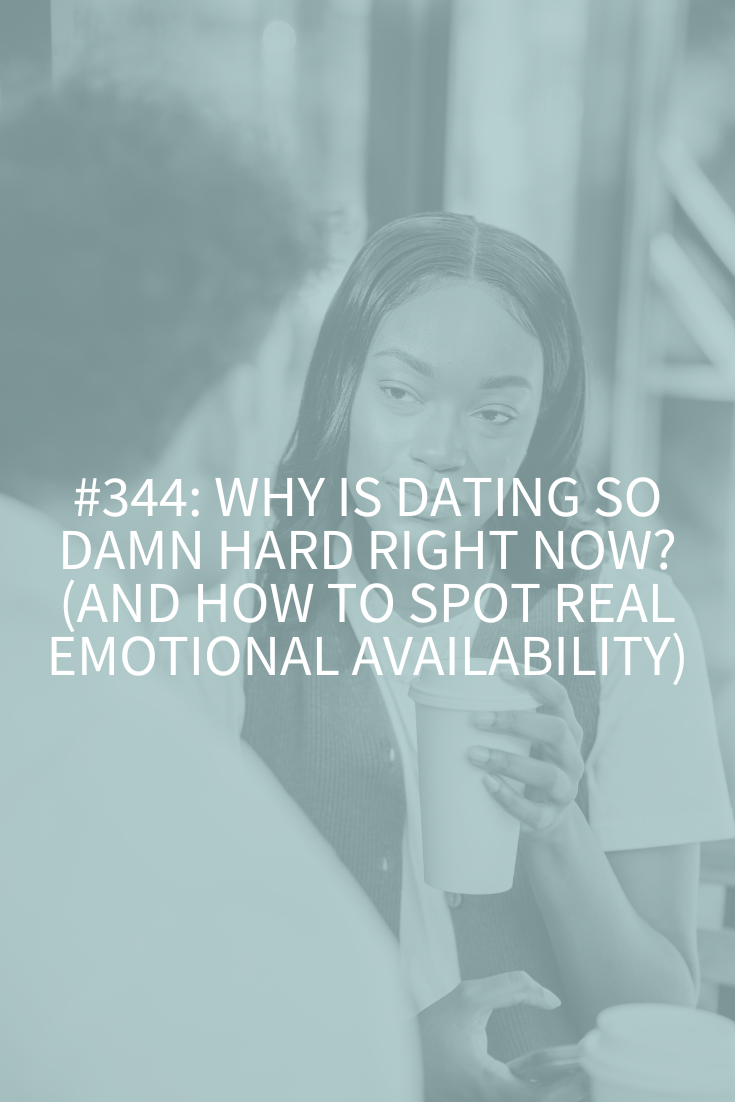
Back in the day, I thought journaling was either for those crunchy granola types or people wanting to grab a teddy bear and find their inner child, so it was something I decided early on wasn’t for me. But, like many things in life, I couldn’t have been more wrong! The research has shown that journaling can reduce depression, anxiety, and negative thoughts while also boosting your immune system and physical health! And it’s the cheapest form of therapy you’ll find! I’ve become a convert and I want to indoctrinate you too! Today, I’m going to teach you why you should be journaling and how to do it effectively.
8-minute read
Who’s it for?
Just like exercise, I’d say that there’s almost no one journaling couldn’t help. And, just like exercise, there are some people it might help more than others. These include people:
- Dealing with anxiety or depression
- Struggling with negative thoughts or rumination
- Coping with past trauma
- Having difficulty dealing with their emotions (either not being able to identify and feel them or feeling them too much)
Benefits of Journaling
There are a crapload of benefits related to journaling!
1. Reduces Negative Thoughts and Rumination
You know how sometimes you’re obsessing over something negative but can’t let it go? Maybe it’s a fight you had with your partner and you’re just thinking about it on a loop in your brain. And the more you think about it, the worse you feel, but you just can’t stop? Maybe you even have intrusive thoughts that just won’t stop. We psychologists call this rumination, and you might call it negative thinking but, either way, it’s ruining your day/week/month as you get more and more stressed and anxious the more you think about this person or situation.
This type of thinking can become an unconscious habit. You’re initially trying to process some negative experience or find a solution, but you get caught in this negative, obsessive loop with no way out. But how do you find that perfect balance between ignoring a problem and ruminating about it? Journaling!
2. Reduces Stress and Anxiety
There’s ample research showing that journaling reduces stress and anxiety.
3. Reduces Depression
Many studies have shown that journaling reduces overall levels of depression, including people diagnosed with major depressive disorder.
In fact, one study showed that journaling could be as effective as traditional cognitive behavioral therapy in reducing the risk of depression in young adults.
4. Better Physical Health
Research also shows that journaling is related to lower blood pressure, less doctor visits, and greater physical well-being.
Top Three Reasons Journaling Works
The first reason journaling works is because it helps you distance yourself a bit from your thoughts and feelings, which helps you gain perspective through something called Cognitive Distancing or Cognitive Diffusion. You aren’t your thoughts, and creating space allows you to be more objective. “I’m feeling anxiety” versus “I’m anxious.” “My husband is making me crazy” versus “I’m having the thought that my husband is upsetting me.” We have a saying, “Don’t believe everything you think.” Journaling helps you do just that.
James Pennebaker, a social psychologist at the University of Texas at Austin who is considered the pioneer of writing therapy, is the OG when it comes to journaling. His research has shown that labeling emotions and acknowledging traumatic events when journaling has many positive effects, like the ones I just listed. He says that journaling about a traumatic event, for example, helps you organize it in your mind, which helps you make more sense of the trauma. Your working memory then improves, and you can sleep better, which then improves immune functioning and regulates mood.
In fact, Pennebaker’s research has found that journaling about traumatic or disturbing experiences specifically has the most measurable impact on overall well-being. In his book, Opening Up: The Healing Power of Expressing Emotion, he discusses a study he conducted where one group was told to write about traumatic experiences and another to write about general, everyday topics. The two groups did the writing for four consecutive days. When the groups were revisited after six weeks, those that wrote about traumatic experiences reported more positive moods than the people who wrote about more superficial events.
The second reason journaling works is that it helps you identify and process your emotions. Even if you’re one of those people who don’t think they have emotions, you do, and those emotions will come out sideways when not addressed. For example, you might be upset at work and then come home and kick the dog. This is called displaced anger and is a great example of an emotion being deferred to the wrong situation. We know from the research that naming emotions and accepting them reduces their strength, which makes them easier to manage and less overwhelming.
The third reason journaling works is because it can help you cultivate gratitude, and numerous studies have shown that gratitude has tons of ways it improves your overall well-being. Gratitude has been directly tied to improved mood, exercising more, eating and sleeping better, and increased optimism.
Did you know gratitude is a gateway drug? Here are four reasons gratitude is good and some top tips for how to practice it.
Different Types of Journaling
There are a ton of different ways you can journal to make your life healthier and happier. I’m going to share three types with you today that are centered on what’s called therapeutic journaling, which basically means writing down your thoughts and feelings about the things that happen in your life or a particular topic. The journaling I’m going to lay out is NOT keeping a diary. When you’re writing in a diary, it’s more about the details of your day: “I went to work, had a pretty good day, came home, and made dinner.” The writing I’m talking about would instead sound more like: “I got up late again. I’m really struggling with my sleep. Why aren’t I going to bed earlier at night so I’m not so tired in the morning? What can I do to make sure I don’t hit the snooze button? When I hit snooze, I know it makes me more tired, and this is just part of my old self-sabotaging patterns I’m trying to change.” When you’re journaling, you want to write about as many different emotions as you can, as well as questioning your beliefs or habits.
I often start my journaling with three things I appreciate in my life right now or two wins I had the day before. From that more optimistic and grounded place, I then go into deeper things. I’ve found it more helpful than just jumping into a more difficult or complex issue.
1. The Pennebaker Written Emotional Disclosure Paradigm
When journaling about particularly stressful or traumatic events, Pennebaker outlined a clear protocol that consists of writing about the experience for three to five sessions, over four consecutive days, for 15-20 minutes per session. His research has found it to be useful as a stand-alone tool or as an adjunct to traditional therapy.
2. Use Journaling Prompts
I find journaling prompts to be super helpful in my efforts to learn more about myself and my unconscious thoughts and beliefs. I like to write down the prompts in relation to an area I want to look at. For example, if I’m trying to figure out any blocks I’m having with my career, prompts might be: “I feel successful when…” or “When I think about my job, I feel/think…” If I was thinking about relationships, I might write, “Marriage means…” or “Romance is…” or “I feel safest in my relationship when…”
I’ve created a list of journaling prompts to help you get started!
3. Switch Shoes with Someone
If you’re upset with someone like your partner, mom, or boss, journaling can be a great way to go. You might start with some straight therapeutic journaling and, if that doesn’t get you there, try to journal from the other person’s perspective, aka, putting the shoe on the other foot. When you journal from someone else’s point of view, you’re better able to create some empathy and compassion for the other person and maybe even have a better understanding of their motivations and how to next approach them.
How Often Should You Journal?
Journaling shouldn’t feel like a chore, and it should feel helpful. When people journal too much, I find they end up just getting more upset and ruminating more on something. Start with Pennebaker’s method or start with just a few minutes of writing down a win, appreciation or gratitude and go from there.
How Should I Journal?
There’s no right way to journal. I recommend experimenting and seeing what works best for you. Buy a special notebook, write on your laptop in a Word document or tap out notes on your phone. You could even journal into the recording app on your phone if you want. You could try writing with your non-dominant hand and see what happens, or you could journal in pictures or graphics. Try different things and see what works best for you. What’s most important is to make sure you have uninterrupted time.
Head over to my shop to grab yourself a notebook with a ‘lil bit of inspiration.
Caveats to Journaling
- Journaling isn’t for everyone. Therapeutic journaling works when it creates a deeper understanding of yourself and your world. If that’s not happening, move on to something else to improve your situation.
- Never re-read your entries. Don’t look back over a painful entry you wrote about a trauma from your past and don’t read again what you wrote about your ex when you were deeply in love. When you’re done with a journal, it’s fine to shred, delete or burn it.
- Don’t write every single day about a traumatic or negative experience. Use Pennebaker’s Paradigm instead.
- If you’ve journaled and feel like it helped, but you somehow don’t feel that elusive closure, try the following:
- What did I learn from (the person or situation)
- Since life is happening for me, not to me, how else can I see this (person or situation)?
Resources for Should You Be Journaling?
The Secrets to Effectively Dealing with Stress and Anxiety: Part Two
How to Get Out of Negative Thinking
A Simple Hack to Shop Your Negative Thoughts
You Might Not Realize You’re Suffering from Unhealed Trauma
The Secret to Managing Your Emotions: A Step-by-Step Guide
Empathy in Relationships is the Key to Connection and Communication
Closure: What it Really is and How to Get It
Research for Should You Be Journaling?
Gratitude: Why Practice It? Greater Good Magazine
Therapeutic Journaling. VA Office of Patient Centered Care and Cultural Transformation.






